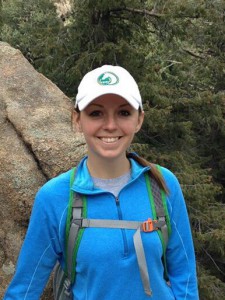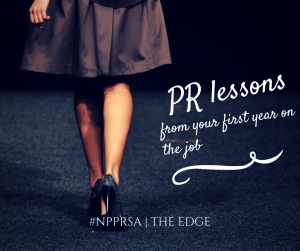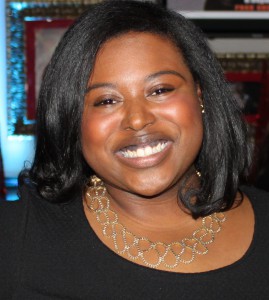There are basic ground rules for what is appropriate for social media. Nothing obscene, offensive, downright false – the obvious stuff.
But when you start a new job, there are always more nuanced guidelines to adapt to.
 The best way to ensure you’re on the right track is to be as informed about your new company’s social media protocol as possible. Here’s how:
The best way to ensure you’re on the right track is to be as informed about your new company’s social media protocol as possible. Here’s how:
Do your research.
Take a look at your organization or company’s Twitter feed. Browse their Instagram profile. What has been popular on their Facebook page?
Don’t forget to look at what other brands are doing as well. See what hashtags are used by the accounts your company follows and peruse the posts attached to them.
Doing your research will help you learn what content is appropriate and relevant, and will ensure you understand your organization’s social media tone.
Ask questions.
The only way to make sure you are 100 percent certain about what is appropriate is to enlist the help of your colleagues.
When you’re the newbie, your coworkers are all experts. In an agency, you may have the advantage of working with a host of social media gurus. If you work in-house, you may not have as many PR pros to lean on, but I guarantee all of your coworkers know way more about their department or field than you do.
I work for a nonprofit dedicated to the great outdoors, and I thought that curating content for social media would be pretty easy.
Just tweet things about hiking and post scenic pictures on Instagram. Right?
Wrong.
Have we tweeted enough about cyclists and hikers?
How much do we want to talk about hunting?
It’s a polarizing topic, but it’s also one of the main funding streams of Colorado Parks and Wildlife, an organization we give half of our funds to. And don’t even get me started on sage grouse. I was woefully unaware that listing an animal as an endangered species was anything but something to be celebrated. Fortunately, I had super knowledgeable coworkers to set me straight.
If you see room for improvement, speak up.
Adapting to your employer or organization’s social media practices is important, but you were presumably hired because you have good ideas. If you think you have an idea to improve engagement, gain followers, or simply provide better content, than say so.
Do so in a professional and thoughtful manner. Don’t tell your boss that you simply can do a better job with Twitter, show them how you can improve your organization’s Twitter account with a well thought out content plan.
Continue to seek out knowledge.
There are only two of us that make up the communications department where I work. This is great because I was given nearly immediate autonomy over social media, but the lack of oversight when I first started was as daunting as it was exciting.
Knowledge is power. Seek it out. (Click to tweet!)
You’re already facing a steep learning curve when you start a new job, and you have the responsibility to continue to expand your skillset to make sure you do the best job possible. A new position is certainly cause for celebration, but don’t rest on your laurels.
Make an effort to try out new tools and platforms, continue to update yourself on best practices, and never think you know everything about social media. It is constantly evolving, and you owe it to yourself and your new employer to continue to the best the best you can be.
—
Laura Cardon is a public relations professional living in Denver, CO. Originally from Maryland, Laura enjoys riding horses, hiking, and volunteering at the Denver Animal Shelter. In her spare time, Laura also shares her passion for the great outdoors with fellow beginner outdoors enthusiasts on her blog, Outdoors Beginner. Find her on Twitter @LauraCardon23.



